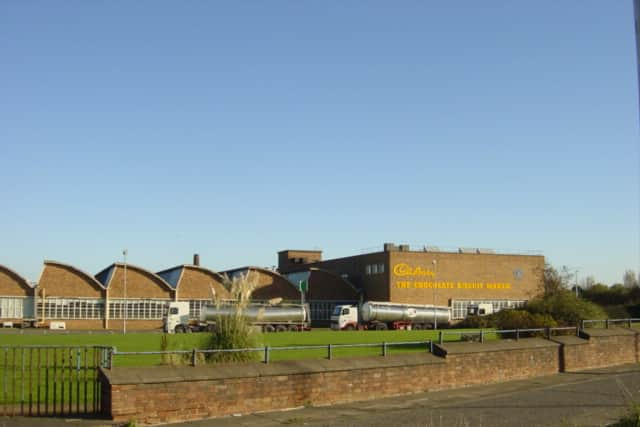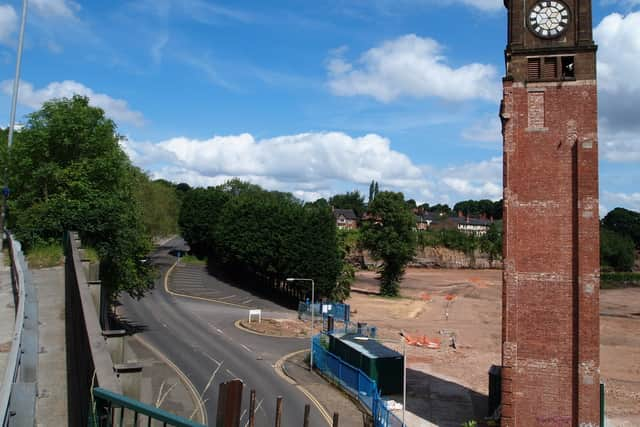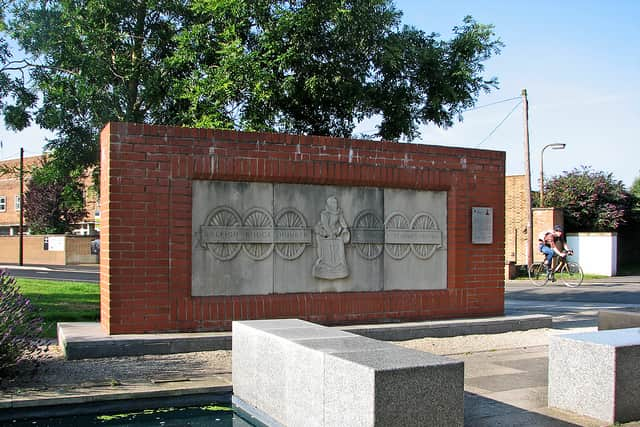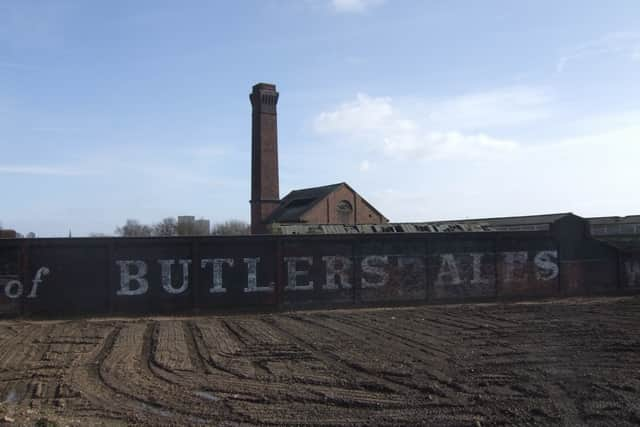British factories from UK's past: Industrial buildings no longer used including Raleigh & Lancashire steel
and live on Freeview channel 276
We live in a world where most day-to-day items in use are produced abroad - China making the lion's share - but this was not always the case in the UK. As older relatives and friends might tell you, there was an extended period of Britain's industrial history when items from daily life were produced right here in industrial towns and cities across the the country.
Whether it was chocolate, bikes, tyres, or steel, these things were made by British folk working hard at manual jobs. Although there is a countless number of these forgotten factories spread out across Britain, NationalWorld has compiled a small number of the most memorable below.
Advertisement
Hide AdAdvertisement
Hide AdCadbury's Factory, Moreton


Located near Liverpool, this factory in Wirral, near Liverpool, had been producing chocolate for 70 years. It all began in 1952 when Cadbury Bros Ltd began building a factory there.
Many of your favourite Christmas chocolates and biscuits were probably made here by the favourited Cadbury brand and the factory which was based on Pasture Road, also produced goods from other brands after Cadbury merged with Schweppes in 1969, including Typhoo Tea.
Sadly, the factory closed for good in 2022 after its latest owner, Barry Callebaut, said it could no longer meet operational costs.
Metal Box Company, Mansfield
Some of those special tins in which your biscuits and chocolates were placed in for gifting could have been made at this lost factory. All that remains of it today is the solitary clock tower near the bridge that carries St Peter's Way/ A6009.
Advertisement
Hide AdAdvertisement
Hide Ad

Barringer, Wallis & Manners began a business on this site in the late 19th century. The site was split into two sections, 'Rock Valley Mill' at the north end producing mustard and 'Rock Valley Tin Works' to the south.
The new building with its prominent landmark clock tower was completed in 1927. The mustard business was sold to Colman's of Norwich in 1919 and in 1939 Barringer Wallis and Manners Co. Ltd was subsumed into the Metal Box Company.
When Metal Box plc ceased using the site, the premises were bought by Crown Specialty Packaging, although they have now moved on to another site. Most of the buildings were demolished in 2011 leaving the clock tower behind to stand alone.
Raleigh Bicycle Company, Nottingham
Almost as synonymous with the city of Nottingham as Brian Clough, Raleigh Bikes' humble beginnings saw it become one of the biggest bike manufacturers of its time. Raleigh was the world's leading bicycle manufacturer for much of the 1900s and its factory on Triumph Road made bikes that have been pedalled all over the globe.
Advertisement
Hide AdAdvertisement
Hide Ad

Established in 1887 in Nottingham by Sir Frank Bowden on Raleigh Street, the company was the biggest producer of bikes in the world by 1913. Still based in the county today, Raleigh is a name and brand well-known in Nottingham and some of those who worked in the factory have recalled their fondest memories.
By the 1920s Raleigh was producing more than 100,000 bikes a year, a production output that increased during the 1950s to up to two million bikes a year employing 10,000 workers.
Raleigh's Number 3 Factory on Triumph Road is today where Nottingham University Business School is now based on its Jubilee Campus. It is now part of the Accell Group, a European company that owns a range of bike brands.
Lancashire Steel Corporation, Salford
![Lancashire Steel Corporation plant, Irlam, [undated] (Ben Brooksbank)](https://www.nationalworld.com/jpim-static/image/2023/10/16/19/2021509_3cf0b8b1.jpg?crop=3:2,smart&width=640&quality=65)
![Lancashire Steel Corporation plant, Irlam, [undated] (Ben Brooksbank)](/img/placeholder.png)
We're going back a bit further with this one - to a time of successful steel plants in the UK. One big factory in this industry was in Irlam - a suburb of Salford, Manchester.
Advertisement
Hide AdAdvertisement
Hide AdThe Lancashire Steel Corporation Ltd was a company formed in 1930 when other surrounding steel, iron and coal companies were combined. The factory's long history has seen it nationalised in 1957, denationalised shortly after, and then renationalised in 1967.
Mitchell and Butlers Brewery, Smethwick


Mitchells & Butlers was formed when Henry Mitchell's Crown Brewery in Smethwick merged with William Butler's Brewery in 1898. Henry Mitchell moved to Cape Hill in 1879 and so this became the main brewery site.
The brewery even had its own railway connecting to the main line from 1907 to 1962 via the Harborne line. Their famous beer was 'Brew XI' which was memorably sold under the slogan of 'For the men of the Midlands'.
The site today is largely made up of a large housing estate, but a small pocket of the old factory still exists.
Advertisement
Hide AdAdvertisement
Hide AdFort Dunlop Factory, Erdington (Birmingham)
Pictured in the top photo many years after its heyday, The Fort Dunlop factory was built in 1916 as the original tyre factory and main office of Dunlop Rubber. At its height, it was the world's largest factory with 3,200 workers.
In the 1970s it was still the largest tyre factory outside the US, but the increased number of foreign cars imported into Britain led to a decline in demand and eventually large-scale tyre production ceased at Fort Dunlop. Today, it is used as office and retail space along with a nearby Travelodge hotel.
Comment Guidelines
National World encourages reader discussion on our stories. User feedback, insights and back-and-forth exchanges add a rich layer of context to reporting. Please review our Community Guidelines before commenting.
